The 3 Words That Turn a Compliment Into a Coachable Moment
Let's continue on with our Gratitude Month Series.
Free Parent-Teacher Conference Guide (2025 Edition) [GET HERE].
With this in hand, you will walk into your meeting feeling calm, focused, and ready to ask questions that highlight the importance of child/teacher connections.
This week, I want to share a simple idea that can change the way you guide your child.
Respond with gratitude.
When working with kids (and adults), I often say:
“thank you for…”
or
“I appreciate that you…”
I’m not just being polite. I’m highlighting exactly what’s working and the effort I notice, even if the result isn’t perfect yet.
Words of gratitude do 3 things at once:
1. Shifts attention from what went wrong to what’s working by pointing out the EXACT positive action you noticed.
- That laser-sharp focus on the positive action helps your child understand what went well, and increases their confidence in doing it again.
- Too often, even the positive feedback is vague, from the child's perspective, which doesn't lead to a skill they can reproduce.
2. Highlights effort and thought process, not just the result.
- You can even thank them for a small pause you saw, even if they went through with an action that wasn't good.
3. Shows the impact their actions have on others —> because I always want to focus on the relationship.
Here’s an example:
Option 1: “Good job for not blurting out."
-
- Not terrible, but focuses only on what they didn’t do.
Option 2: “Thank you for pausing. Because of your pause, I was able to help the other kids finish working through their conflict.”
-
- Tells them exactly what they did well and how it helped others.
- That connection is what makes feedback meaningful.
I get it — you often don’t have time to use Option 2 in the moment.
You can follow up later when you do have time. It’s never too late.
I just finished a parent coaching session with a dad, and our conversation reminded me of something important I want to add here:
- Some of our kids actually feel uncomfortable with compliments.
Instead of hearing, “You did great,” they think,
“Was I doing poorly before?”
Their brain goes straight to the opposite. - Using words of gratitude helps avoid this.
You’re simply naming the specific action you appreciated seeing or hearing.
It feels factual, rather than a comparison.
And it keeps the moment from turning into something that feels like judgment.
It’s a small change in language that can have a big impact over time.
💜 Try it this week: Replace a few “good jobs” with “thank you for…” and see what changes.
NORIKO'S NOTES: sharing my life's simple joys💜
Maybe it’s my age, but I’ve grown to feel deeply responsible for helping the next generation live life with more awareness, compassion, and education of both the challenges and the incredible potential our kids have.
So, when I was asked to present to the UCD Pediatric Club, I was thrilled! I loved sharing my stories, career path, and answering their thoughtful questions.
BUT...I have to be honest...public speaking still makes me nervous so I keep working on it!
Years ago, I presented at the UCD Mind Institute. I was still pretty early in my SCLC work. I was nervous in the middle of the presentation. I didn't realize I was fidgeting with the pen cap. Then the cap broke off and flew into the audience🤣. I'm so glad I survived that moment to be able to laugh about it with you!

Thank you for letting me share my simple joy💜.
🌟Want more support and real-world tools?
Join the Parenting REdefined Membership
Get live group coaching, practical strategies, and a supportive community of parents who understand the ups and downs of raising kids with social and emotional challenges.
👉 Read More Info on Parenting REdefined Membership
🎥 Masterclasses for Parents
Learn at your own pace with my on-demand video classes.
Free Masterclass: The Abenojar Social Growth & Mastery Framework™ — understand how social skills develop and how to support your child’s growth.
Paid Masterclass: The Friendship Navigator — practical visual tools to help your child build real, lasting friendships.
💌 Read More Parenting REdefined Newsletters
Catch up on recent topics that help parents support their child’s social and emotional growth.
Noriko Abenojar, MSW PPS
Parenting REdefined
Social and Cognitive Learning Center
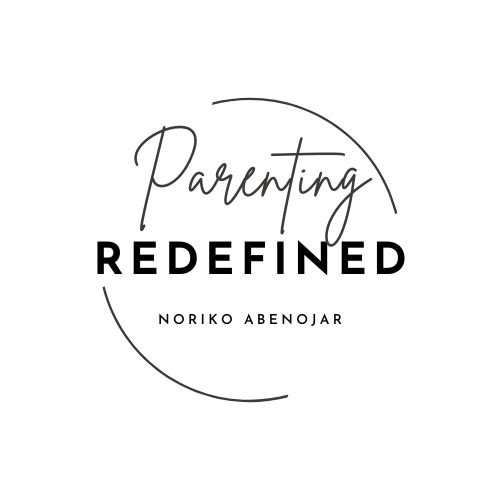
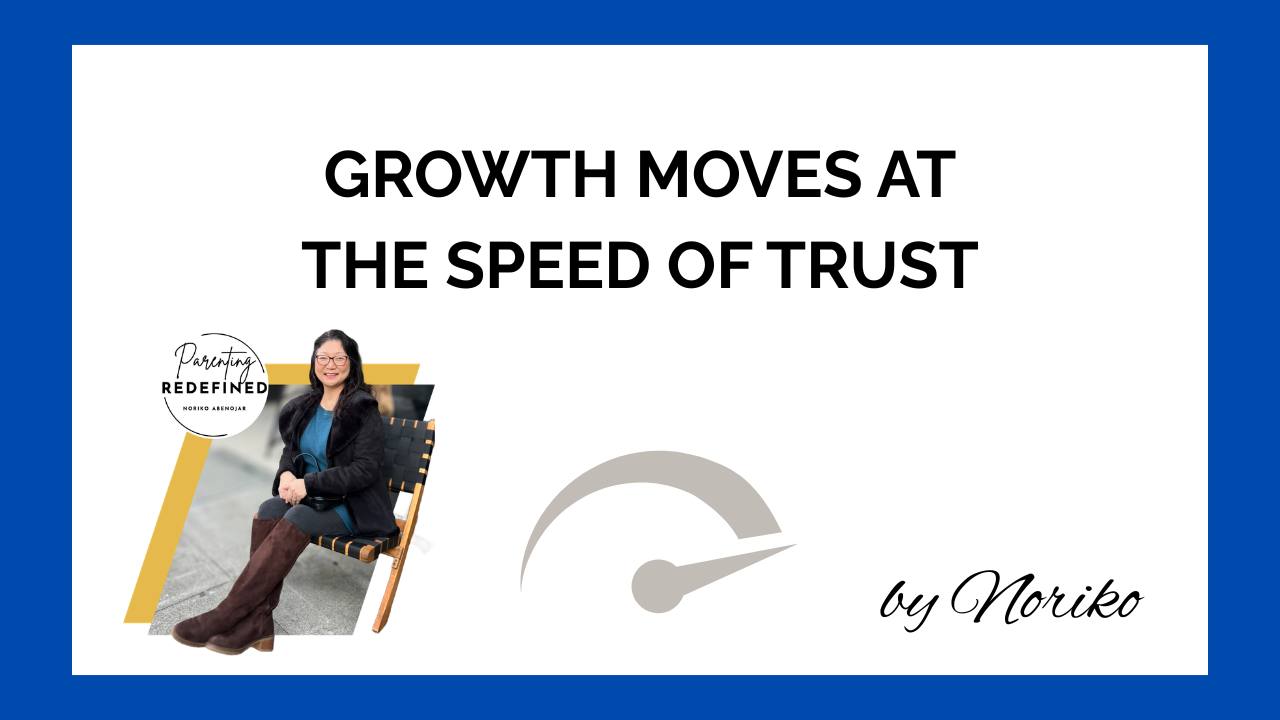
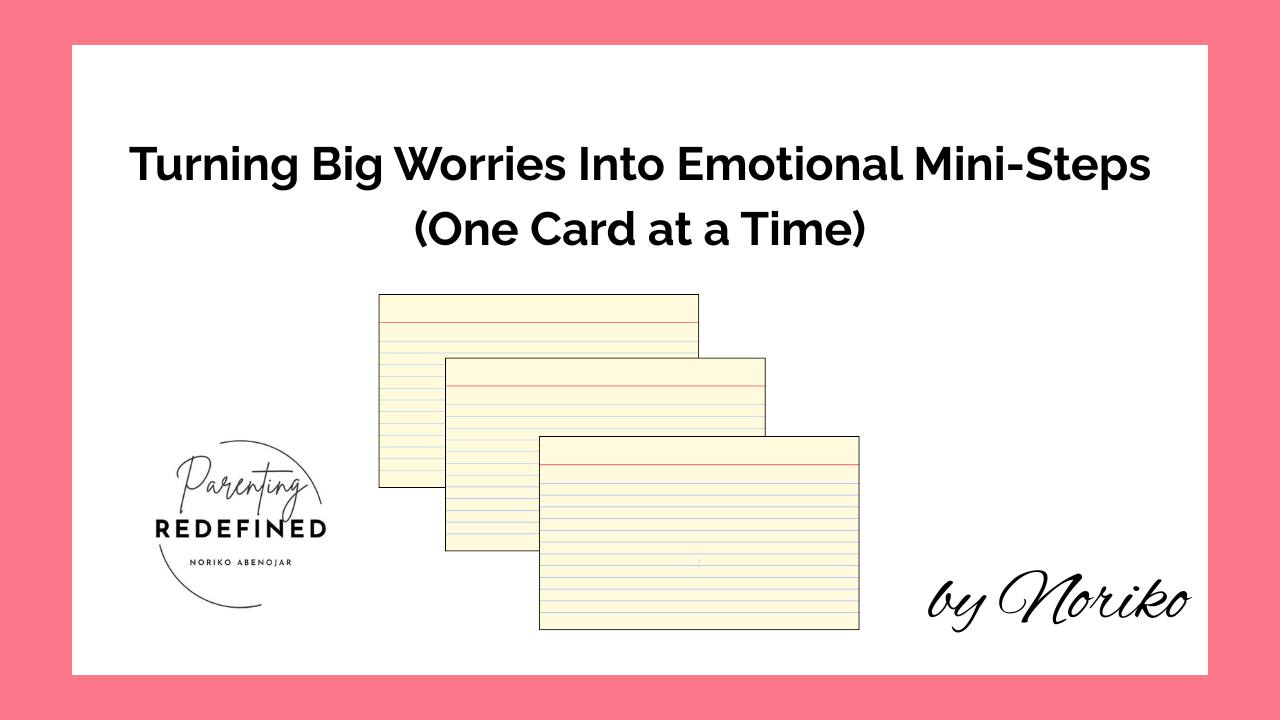
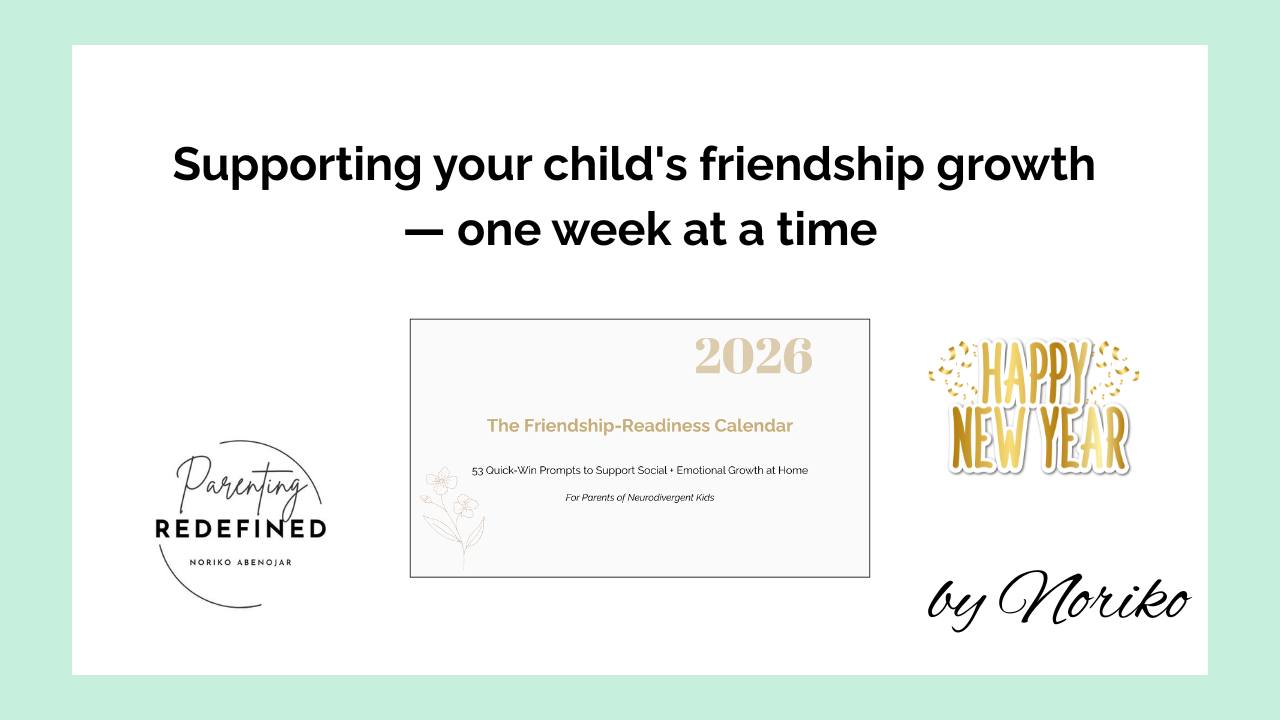
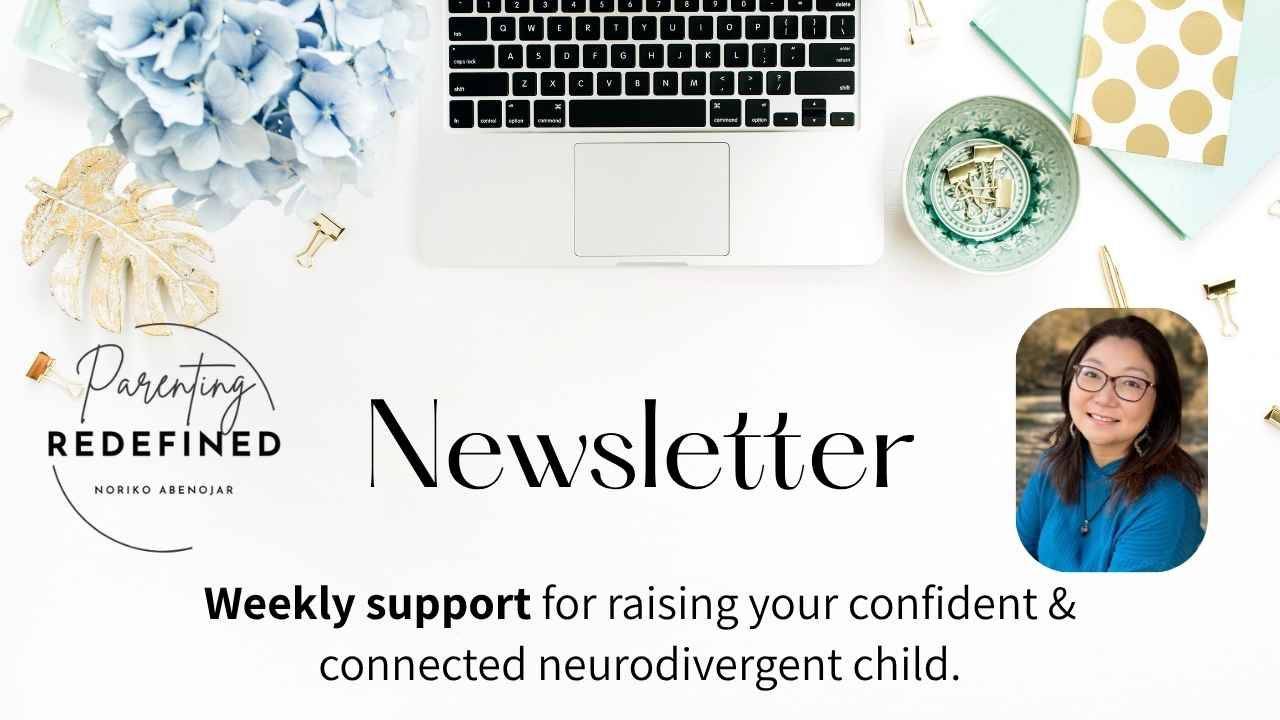

Responses